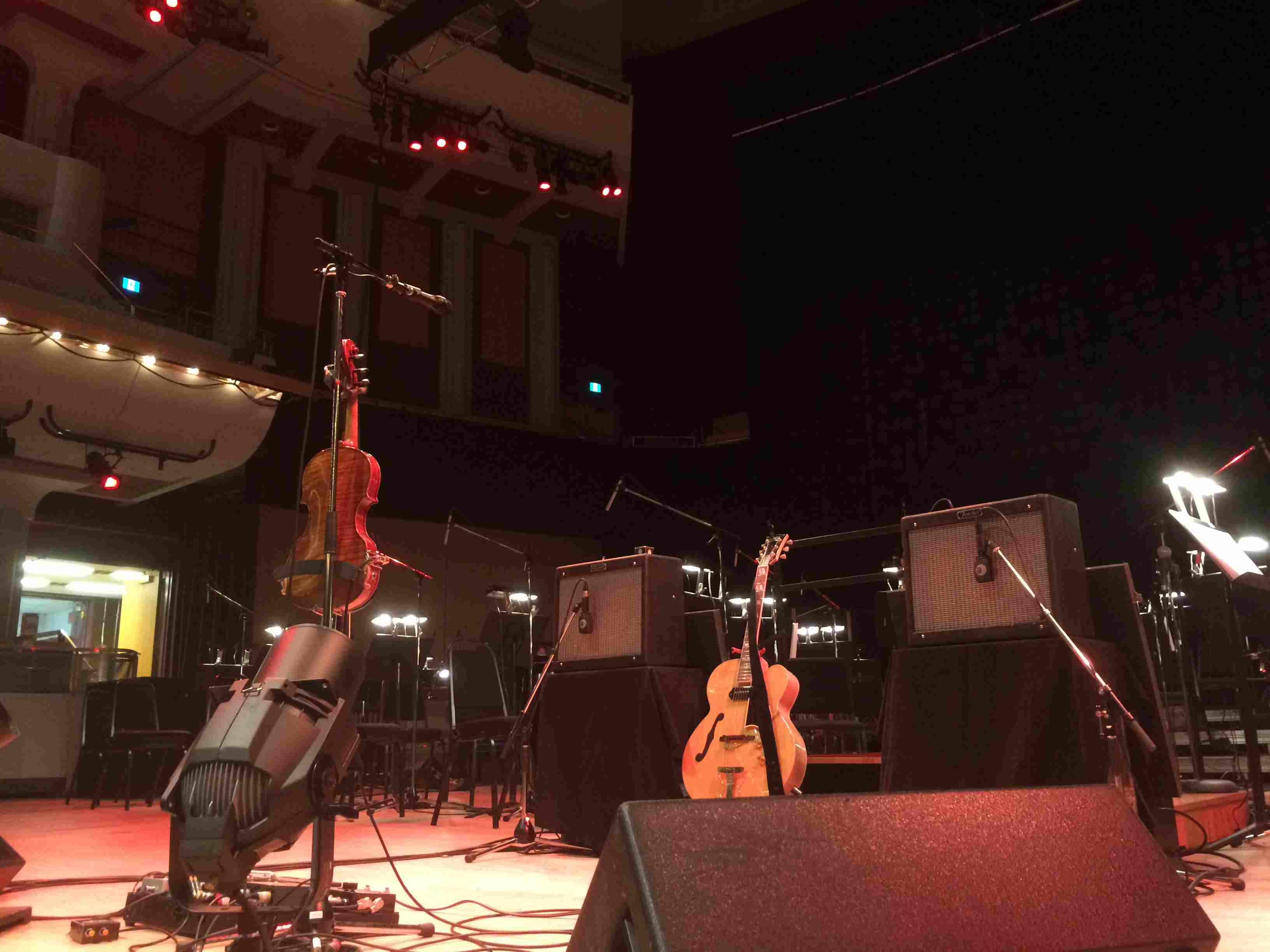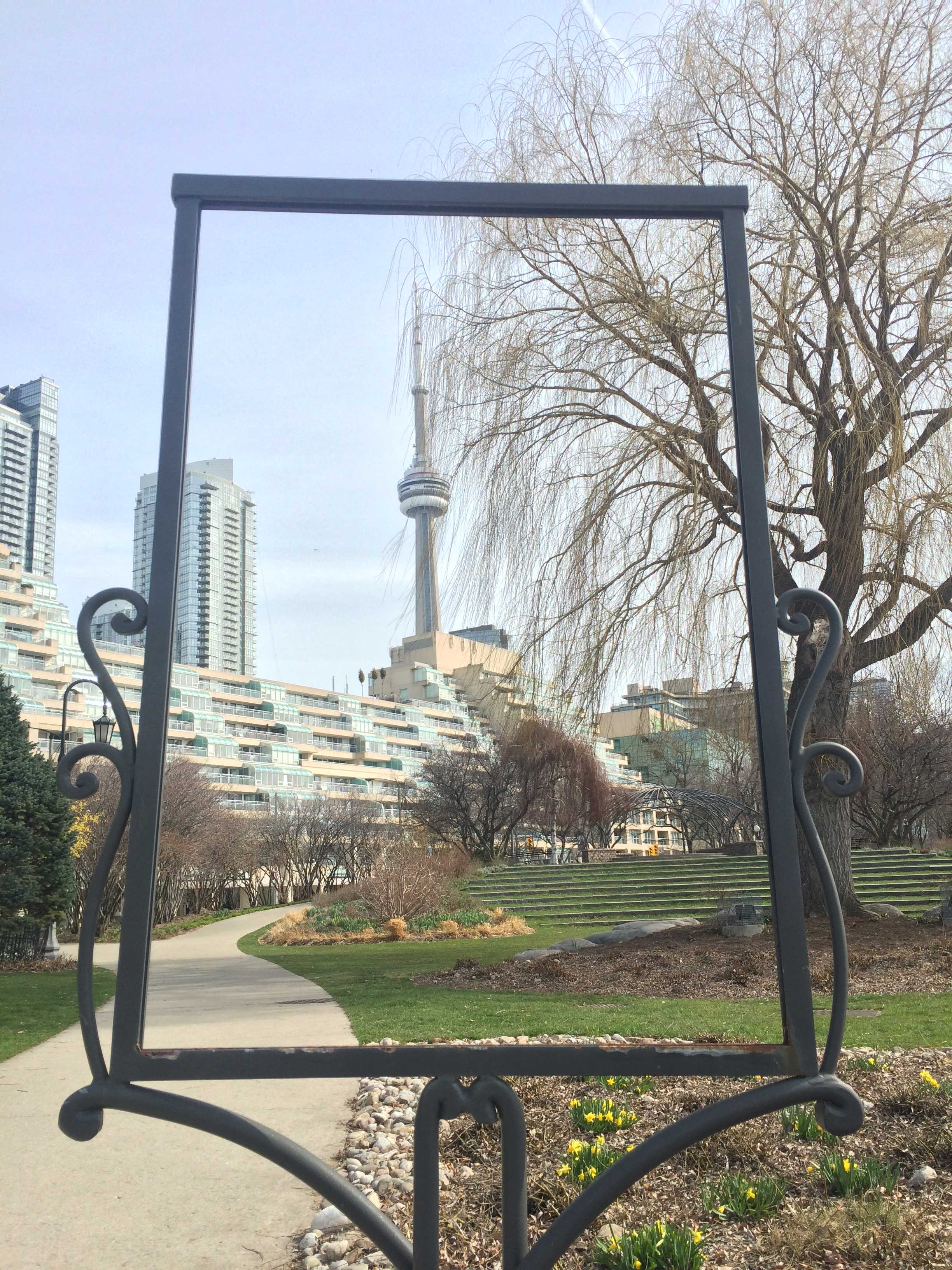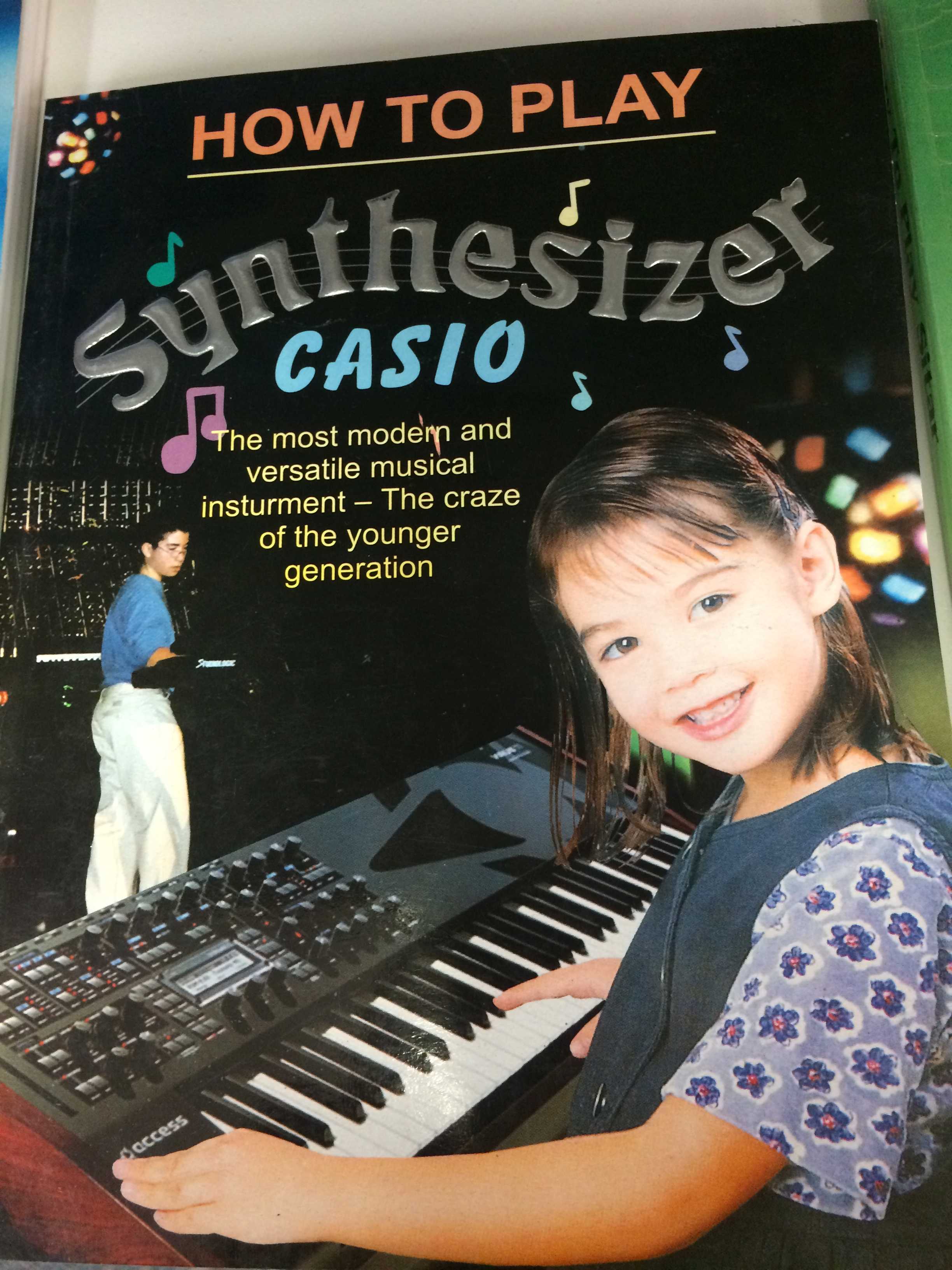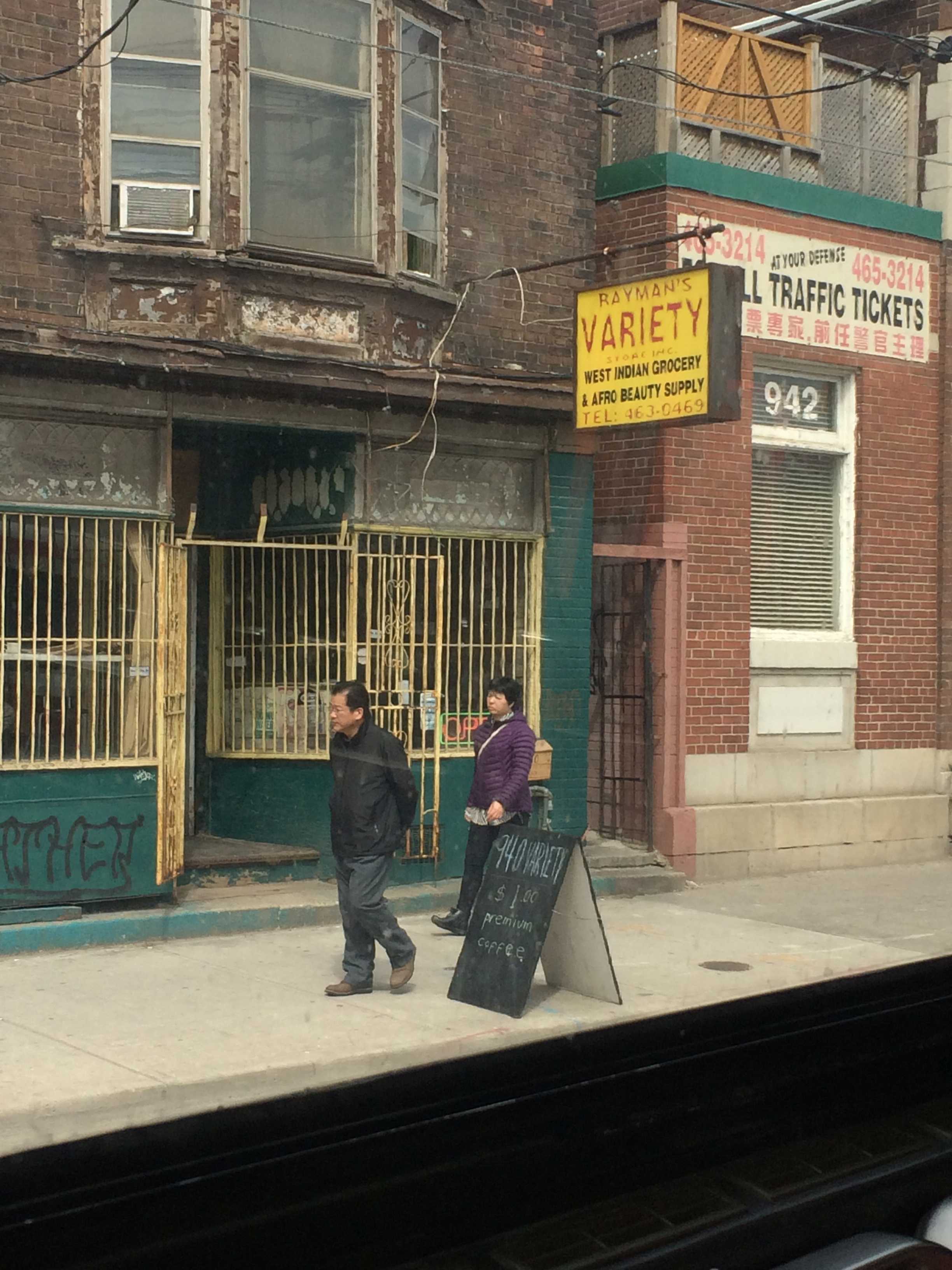Island: Years of Anticipation and a Review of Music
✍️ • 🕑 April 2017, July 2018, and August 2020 • Tags: music • music reviews • concerts i've been to • Owen Pallett • Canada • Places: Toronto • Calgary

Not too, too long ago, I was having a great conversation with Sepi in which the topic of what we really cared about came up.
Music was among my answers. My friend was a tad incredulous.
How much did I really care?
2013
When I was a student, I took advantage of opportunities to see live music, mostly with my pal Sarah C.
We went to a lot of shows together and saw many prominent indie artists such as Andrew Bird, Neutral Milk Hotel, and Arcade Fire. I have a lot of great memories from those shows..
In 2013, we saw Grizzly Bear.
Owen Pallett opened. Their performance struck an immediate chord.
Some of the song structures and motifs reminded me a bit of the progressive rock that is somewhat fundamental to my musical sensibility. But, contemporary and indie, and a bit sardonic and so forth…
And so, Pallett’s albums He Poos Clouds (2006), In Conflict (2014), and especially Heartland (2010) all became favorites of mine. Each of these albums succeeds in presenting a different mood and approach, and that is a big part in why I appreciate them so much.
2017
A few years passed.
I graduated, entered industry, and started doing everything possible to accrue as much vacation time as I could.
Owen Pallett was planning to debut live material in Toronto.
Toronto was close-by, and a city I wanted to visit. The timing was good, the place was good. It was a good excuse for the first real time-off I took on that job.
I bought my plane ticket and planned to have a good, long weekend there: the first real time off I took.
There was a problem, though.
Believe it or not, at the time I didn’t own any credit cards.
The debit card I owned blocked all international transactions, so I couldn’t purchase a concert ticket. The following day, I called the bank to get the hold lifted, but the concert had sold out.
So, I messaged Owen on Facebook, jumped in the shower, and I was absolutely astonished to find that within ten minutes, they had responded that they would be happy to add me to the guest list.
So, my plans were on, and I immediately applied for my first credit cards. Woo.
Kensington
In Toronto, I stayed in a hostel.
I don’t think there was anything memorable about the place, other than that it was reasonably priced and that the beds were hella shaky. I definitely remember that, because I ended up sleeping on a top bunk.
The bottom bunk belonged to E., a music student from Mexico visiting Toronto for a Latin American Flute Festival.
She asked why I was visiting Toronto, and when I told her, her face lit up as she exclaimed, “I love Owen Pallett.”
That was an amazing coincidence.
We became friends, and she remains someone that I really enjoy talking to, about life and about different perspectives, and of course sharing music.
2018
As I had been following Owen’s every move, eagerly anticipating Island, I knew they were planning to play Calgary with a full orchestra.
It occurred to me that I could probably spend a few days working from Calgary’s numerous coffee shops, go visit the Rocky Mountains, and return to Pittsburgh, having enjoyed some days away while hoarding as much time off as possible, and having a good excuse to see the concert.
So, that’s what I did.
My father joined me for the latter part of the trip, and I’m glad that I got to spend that time with him in such a beautiful part of North America.
The concerts’ highlights included hearing the live debut of “Perseverance of the Saints”, as well as particularly rousing performances of classics “The Great Elsewhere” and “He Poos Clouds.”
The only downside was that my flight to Calgary got super disrupted by inclement weather, and I ended up sleeping atop a wooden crate in YYZ for a night. So, it goes.
The album’s release was imminent… but delayed.
2020
So, fast forward to 2020. In the midst of Coronavirus lockdown, the long-awaited album was released with barely any warning. I stayed up until midnight for that coveted Spotify drop.
I can fully say that I was not disappointed. By this point, many of the songs had been with me for years, so meeting with them again was like meeting with old friends. It felt great to hear them in their final arrangements.
The Music
With my lengthy preamble complete, I will begin discussing what the album actually sounds like.
The Mood
The album is deeply sad, slow-paced, perhaps languid. Waves of sound wash over the listener.
As Pallett promised, it is the “perfect accompaniment to (…) shivering in a bathtub.”
When I first heard the songs in Toronto, I was taken aback. The music wasn’t quite what I had expected, and the mood is bleak enough that I was worried I had put a lot of time and energy into going to a concert that I might not even enjoy.
However, though the mood is relentless, the music has a stunning melancholic beauty, and a lot of variety.
I found the songs so deeply beautiful, so emotionally impactful as a sequence of songs, that I could not help but come full circle and love them.
And so, it brought me great joy to finally hear this whole album with all of its sadness in 2020.
The Story (Very Condensed Summary)
Island is the sequel to Heartland, and both are albums that tell a story, in the same world with the same protagonist, a buff, sexy farmer by the name of Lewis.
Lewis, who abandons his wife and child to pursue a religious life, devoting himself to that world’s deity, Owen himself. Except, Lewis becomes discontent, climbs to the summit of Mount Alpentine, and kills Owen.
Heartland picks up where Island left off.
Lewis feels a lot of emptiness and rage, and acts repeatedly in a way that endangers himself and others. Lewis eventually eventually realizes that he cannot atone for the past through self-harm, though this happens only after he is “fucked into space.”
Also at one point in the story, Lewis does boating DUI and there are some blast beats and probably some people drowning.
I do think that the overall story arc is important, but somewhat difficult to follow (as in Heartland), and that the individual beats are more important than the story itelf hanging together as an orderly narrative (as in Heartland), but even with those disclaimers, the whole thing does work very well together even if it is a “narrative mess” (as in Heartland).
Listening Notes
–> (1)
A very slow tempo. Piano chords are played, resonate and fade to silence.
Drama emerges in the interplay between this relatively simple chord sequence, and a melody which occasionally expresses itself before disappearing back into ambience.
The melody happens to be that of “Transformer,” the next track.
In the end, everything dissolves and nothing remains.
Transformer
This song’s arrangement sits a tad uncomfortably between minimalism and maximalism.
It utilizes finger-picked guitar with a lot of multi-tracking and looping, as simple parts in a close register almost collide with each other.
There are somber vocals, and somber lyrics, including one of my favorite triplets:
When I wish I was never born
My mother tells me
. I wasn’t born so much as excreted
And so, the song reintroduces Lewis, who finds himself a failure, empty after his success in the last album.
The orchestra provides counterpoint: greatly dissonant when Lewis sings of his greatest depression.
It closes with a pivot into a different key/mode, with strings flowing like a tide.
Paragon of Order
This one is a low-key anthem.
We get a somber and slow introduction, that starts with quarter-note piano chords and pulls in jazzy drums.
Like many other songs on the album, the song begins sparsely, and adds more and more layers, building to a crescendo and dissolving back to sparseness.
In this case, we have an anthemic chorus with a rising melody, eventually revealing a fantastic counterpart played by the clarinet. Like, it’s really good.
And what’s the triumphant note?
Godkiller’s alive
–> (2)
Exhalation and dissonance.
The Sound of the Engines
Built on open and somewhat repetitious guitar strums, this song is delicate and achingly beautiful.
I particularly love the use of silence in the arrangement on this one. Both the finger-picking, and ebbing, flowing orchestra rest with complete silence, before starting up again, accompanying some really heart-aching lyrics:
Woke up in an ambulance
Beaten and bleeding
The sound of the engines
Oh, I am a wound un-healing
Complementing this great moments of drone-like bass notes, and the song threatens to collapse into a total drone about two-thirds of the way thing.
Perseverance of the Saints
This track is a highlight.
It opens with a simple prepared piano part which unfolds into full orchestral beauty as the same simpler part is explored on a grand scale. Once again, the arrangement is understated. The chorus features a counterpoint that is almost off-putting and pensive as it wanders through the scale.
The song grows increasingly beautiful as it builds, for instance, with the sound of horns becoming pronounced in the second pre-chorus as strings drift in and out of audibility in line with the vocals in the verse. Steady drums enter only at the very end of the track as it resolves and dissolves out.
I just ove the way that the orchestra manages to play the same part as the prepared piano, before exploding into swirling harmonization.
Polar Vortex
A folksier tune with more layered guitar and ginger-picking.
Additional ingredients enter: piano, drums, and horns and strings. There’s a subtle doubling of bass and piano as the piece dissolves back to sparser guitar-based instrumentation.
–> (3)
A drum roll, submerged.
A Bloody Morning
Ah yeah, this one is a banger alright.
A pluck, sustained strings, and an explosion into jazzy piano, virtuosic drumming from Greg Fox with almost histronic fills, and a convoluted vocal melody that manages to not only fit but somehow be catching. The orchestra adds its own drama, a musical whirlwind.
This song makes me want to dance and headbang in the least coherent way.
And it ends with a fade into orchestral dissonance…
Firemare
An absolute favorite of mine, particularly in terms of the lyrics.
Excellent finger-picking.
Once again we have the same sort of intro, with the rumble of a timpani, and the counterpart of dissonant bass.
During the chorus, we have higher-register chords, and then Owen enters.
Owen are you there?
End this nightmare I’m in
Rush to my arms in the morning
And meet me out on the same platform
How badly I wish for it
That we can be angels
And not this bullshit
I love the double-tracked vocals in this section and the rest of the song.
I just find it really emotionally resonant, and it is a favorite.
We conclude almost stuck in a loop with dissonant orchestral swells, droning, and dissipation.
Lewis Gets Fucked Into Space
Drum roll!
This track provides a straight-forward approachable melody. In comes is joined by the same sort of orchestral accompaniment matching the vocals in amplitude, silent when there’s no singing, and dissonant counterpoints.
Within this space, we have melody and horns, and the song plays itself out in a deliberately slightly detuned manner. Drama and dissipation.
I’m not sure what getting fucked into space entails, but apparently it was part of the punishment for the boating DUI incident.
—> (4)
Horns and strings increase and decrease in pitch in a way that is reminiscent of shepherd tones.
Except there is a base frequency that does rise and fall and rise further, eventually getting to a high pitch, perhaps like a tide receding. During this section, the melody feels almost like the counter point to another track.
In Darkness
Opens with a lot of droning, out of which harmony starts to emerge and shift, hinting at melody. Additional layers enter, increasing the density of the soundscape, and the melody shifts again, until it coalesces into chords which can flow together.
The clearest melody comes in with Owen’s vocals and rather didactic lyrics.
You don’t need, don’t need, don’t need to die to be forgiven
You don’t need, don’t need, don’t need to be a slave to your desiring
The hardest track to pin down, almost like the musical equivalent of examining a desolate landscape from an aerial view, pulling out, panning across, and adding more elements.
Reflection
There are many things that I love about the album. It is a perfect storm, creating a mood of despondence through a combination of emotionally-charged lyrics and sometimes dissonant, languid music.
I really enjoyed hearing the material long before the album, and I am thrilled that it is finally in my digital hands.
In short, the album is absolutely worth the wait, and provides a sonic experience that has no equal, though it is one whose dark mood must be embraced.
Thanks for reading!
If you enjoyed this post, you might enjoy these 5 similar posts:
- 2021-03-16 —Eurovision 2021: First Impressions
- 2022-03-21 —Eurovision 2022: First Impressions (feat. Chelsea)
- 2025-03-22 —Eurovision 2025: First Impressions (Feat. Chelsea)
- 2021-05-04 —Eurovision 2020 vs. 2021: Battle of the Songs
- 2023-03-19 —Eurovision 2023: First Impressions (feat. Chelsea & Brit)




